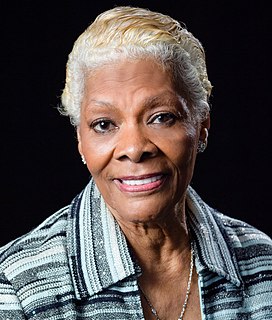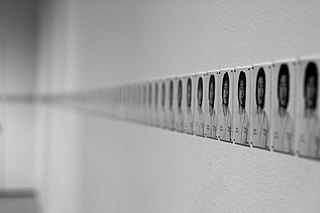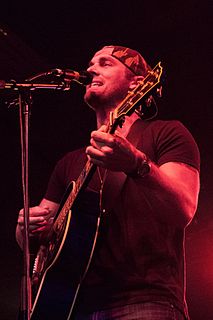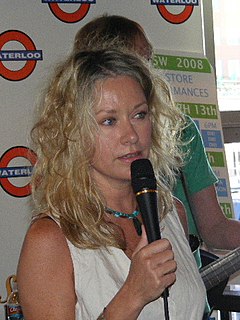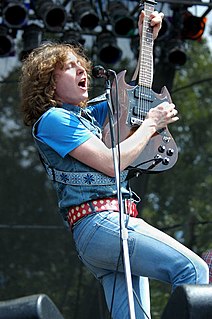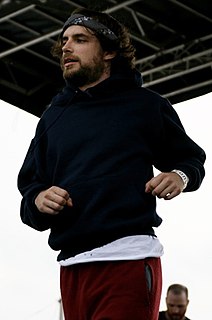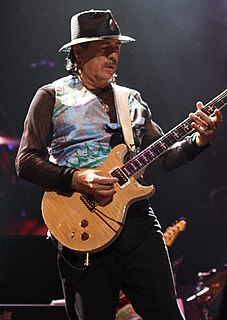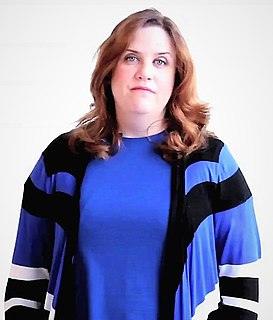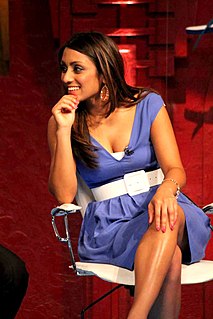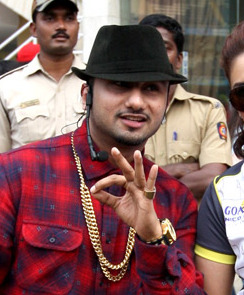A Quote by Dionne Warwick
Every time we buy a CD or download a song, the artist is paid for their work. You might not know that this isn't the case when a musician's work is played on the radio.
Related Quotes
I perform in art time and in real time, and you can't tell the difference - no one knows how to separate a real act from an art act in my work. When I lived on the street for a year, people only knew that I was homeless. They didn't know that I was an artist doing a piece. I have to use real time in my work. I do, however, have to find a subtle way of documenting real time, in order for people to have a response. That means punching into a work clock every hour in the case of one piece.
The power of a label and radio and a booking agency and all that - you never know until you experience it the first time, but being able to have a song on radio, but then go play a show for people that have heard the song on radio, and having it sung back to you, is - I don't know how to describe it.
I've been on a real Credence Clearwater kick. I've been collecting their albums on CD -- right now I really like 'I Put a Spell on You.' I don't know who actually wrote it; it might be a traditional, or like, an old blues song, I haven't looked in the liner notes, but it's the first song on their first album. I love all the hits; I mean @#$%&, I like every one of them. I think my favorite song by John Fogerty is 'Have You Ever Seen the Rain?' They're my favorite American band of all time, totally.
